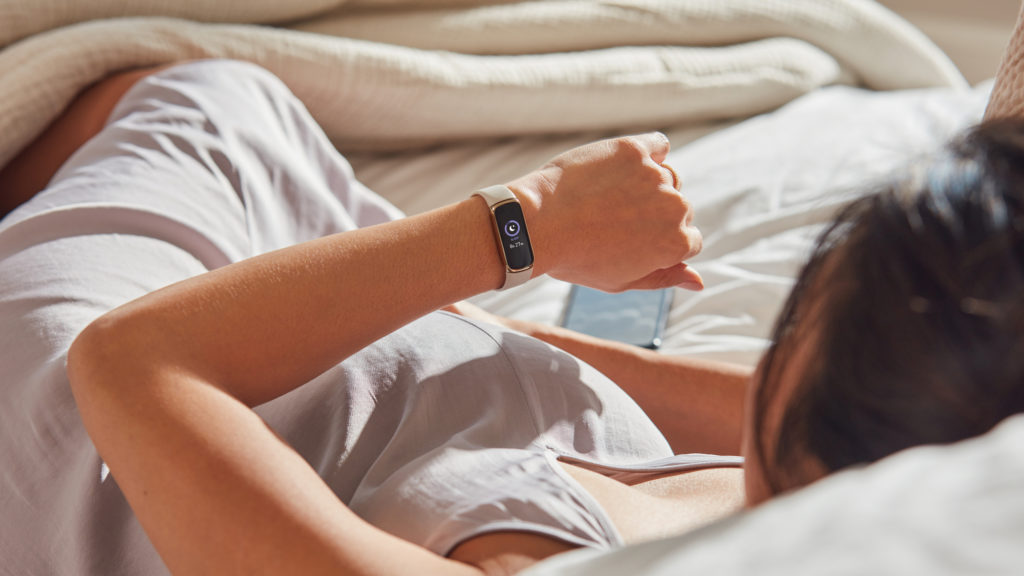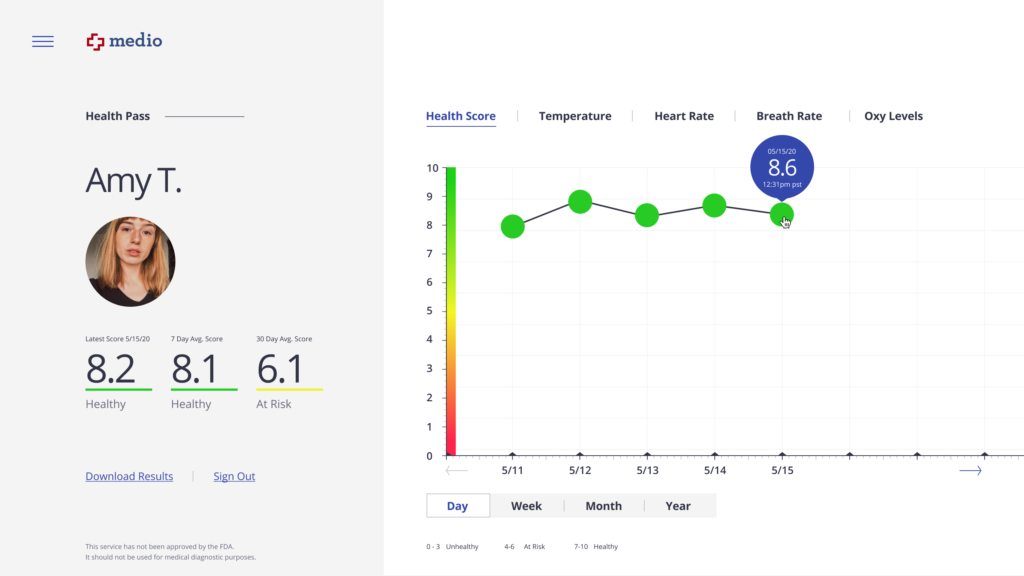The week’s Apple event is the star of the podcast, with Kevin and I spending time noting a smart use of iPhone sensors with the new Apple TV 4K. We then discuss the AirTags tech, the implications for consumers, frustrated competitors, and the things we find disappointing. Then, we talk about the EU’s proposed rules for AI and AI-based applications before questioning the market for the just-announced Fitbit Luxe tracker that hews closer to jewelry than the company’s traditional devices. Enterprise IoT security gets some attention with the FIDO Alliance’s new provisioning protocol and app certification from the ioXt Alliance. In honor of Earth Day, Samsung is boosting its upcycling efforts for old smartphones, and we cover an update and news from smart electrical panel company Span. We end the show by answering a listener’s question about how Thread devices will work in homes.

Also in honor of Earth Day, our guest this week is Phil Skipper, head of business development and strategy for IoT at Vodafone Business. Skipper explains how Vodafone is trying to reduce the carbon footprint of its networks and IoT devices. For example, Vodafone uses an integrated SIM card for some of its devices to cut down on plastic. In other designs, it is using different batteries that are more recyclable than lithium-ion batteries. The company is trying to extend the life of its equipment by selling it to other network operators, which ensures that the carbon created to produce the equipment at least is spread out over a longer life. He also touches on how Vodafone is helping customers reduce their carbon footprints using connected products provided by Vodafone. Enjoy.
Hosts: Stacey Higginbotham and Kevin Tofel
Guest: Phil Skipper, Vodafone Business
Sponsors: DigiCert and Qt
- Apple’s AirTags go above and beyond the traditional Bluetooth trackers
- What the EU gets right with its proposed AI legislation
- Two new security standards for the IoT
- Don’t forget reuse when thinking about your carbon footprint
- What’s an iSIM, and why is Vodafone pushing it?
Podcast: Play in new window | Download | Embed
Subscribe: RSS

